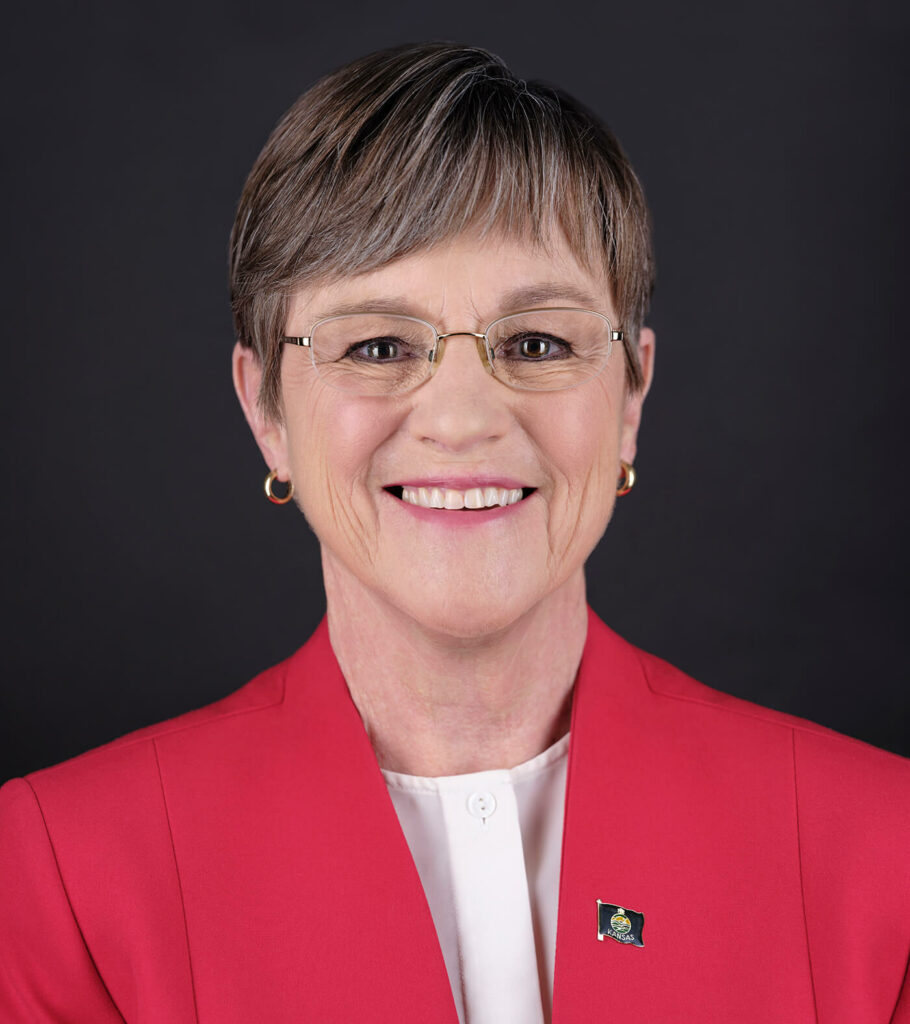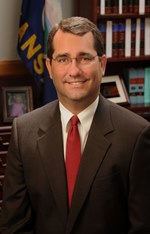KCK school board president says she is glad court retains jurisdiction in the case
The Kansas Supreme Court on Friday morning ruled that the state in 2019 has substantially complied with the court’s order on base aid increases for school finance.
Kansas City, Kansas, Board of Education President Valdenia Winn said she was glad that the court ruled and retained jurisdiction in the case. The Kansas City, Kansas, School District was one of the members of School for Fair Funding, which brought the case.

“So now the district can plan and complete its budget, and get down to providing quality education for all the students,” Dr. Winn said today. She is also a state representative from the 34th District and a college history professor. The Supreme Court had ruled in 2018 that the Legislature needed to put more money into the school finance allocation to account for inflation.
“The $90 million for this year accounted for the inflation,” Dr. Winn said. “So this year was clearly in line with what the court had suggested, that the Legislature has to consider inflation. So I’m pleased and that was the expectation. It did fit the plan.
“However, hereafter, why they retained jurisdiction, is because the Legislature in the past did not live up to its commitment,” Dr. Winn said.
When asked whether she had a concern about the state’s allocations in future years, Dr. Winn said, “I’ll be optimistic that with the court retaining jurisdiction, that’s a very strong signal to the Legislature to fulfill its own planned obligation.”
Dr. Winn said she also interprets this decision to mean that the amount of school funding cannot be reduced in future years, which gives a sense of stability to the district’s budget planning and also for the state’s budget planning. She added that in the Legislature, there was a last-minute move by the Speaker to reduce school funding by $200 million, which she doesn’t believe would have passed a court test. That last-minute effort was unsuccessful.
Governor: Decision validates her plan

The school finance legislation that passed in 2019 was often referred to as Gov. Laura Kelly’s school finance plan. The political climate in the school finance debate shifted this year as some of the previously opposed parties came together to pass the legislation.
Gov. Kelly’s statement:
“Today is a great day for Kansas and for our kids. Educating our kids is not just one of the best ways to address challenges facing our state, it’s also our moral and constitutional obligation. Yet for years our leaders failed to meet that obligation. That’s why I promised to be the education governor and end the cycle of litigation that has plagued Kansas for far too long. Even before I took office I worked with my staff and the State Board of Education to create a plan to finally end this lawsuit. Today’s decision validates that plan and is a victory for Kansas.
“I will do everything I can to hold the Legislature to its promise to fully fund our schools and avoid more legal battles over our education system. Funding our schools is about more than money and lawsuits. It’s about our kids, their hopes and dreams, and the future of Kansas. Investing in our children’s education is the best investment we can make, and as long as I am Governor I will continue to fight for our schools and our kids.”
AG: ‘Time for a thoughtful conversation’

Kansas Attorney General Derek Schmidt, whose office argued the case for the state of Kansas, released this statement about today’s decision:
“After seven rounds of arguments at the Kansas Supreme Court and legislative responses to each prior decision, the court today unanimously ruled the Kansas school finance system complies with the requirements of the state constitution. I am relieved this litigation has ended and should not recur as long as the Legislature and governor fulfill the promises they have made. At the end of the phase-in period, Kansas taxpayers will be spending – and public schools will be receiving – roughly $1 billion more each year than when this began. With this lawsuit now behind us, it’s time for a thoughtful conversation about whether this process we have witnessed over the past decade is really how Kansans want school finance decisions to be made.”
SFF: ‘We were right, but lost’
Alan Rupe, the Wichita attorney for Schools for Fair Funding, stated that the biggest victory in the case was that the Supreme Court will retain jurisdiction in the case.
“The plaintiffs in Gannon were right on this narrow issue involving inflation, but lost,” Rupe stated. “We were right the state had not complied, but the court ruled the state substantially complied. In its decision, the Supreme Court merely held that the state substantially complied with the mandate it set in Gannon VI. Despite holding that the state substantially complied with Gannon VI, the biggest victory is that the court will retain jurisdiction to ensure that the Legislature follows through on its promise. If the Legislature does not follow through, plaintiffs can seek assistance from the Kansas Supreme Court directly.
“The Gannon litigation, which has lasted nearly ten years, has resulted in an increase of funding of over $1 billion for Kansas children in public education,” Rupe continued. “The cuts to school funding during the Brownback era have been restored. One notable difference in this latest round before the Supreme Court has been that there is significantly less rancor than in years past. There were no accusations of an activist court or any argument regarding whether money leads to results in education. Everyone seems to be pointed in the right direction and the argument focused on how we get there. We are hopeful that the state will follow through on its promise.”
It was the court’s seventh decision in the Gannon case, which began in 2010, according to court documents. Before that, there were other school finance lawsuits, including the Montoy case.
The Legislature went back to a “safe harbor plan” from an earlier Montoy school finance plan in the most recent school finance plan.
KNEA: Time to set priorities to raise teacher pay
A statement from the KNEA:
“Today’s ruling affirms that actions by the legislature have ensured that Governor Kelly’s promise to be the “education Governor” and to end the cycle of litigation have been achieved. Now we look to the legislature to keep its commitment to fully and constitutionally fund public schools. The Court recognized that following the earlier Montoy school finance decision, the legislature reneged on funding promises which resulted in more lawsuits and legal wrangling. For this reason, the Court is maintaining jurisdiction until the current plan is fully implemented. We applaud this decision. Investing in our students means investing in their educators. By 2018 Kansas had dropped in national rankings to 41st in average teacher salary. Our neighboring states are investing in their education workforce, and unless we take action now, Kansas teachers will earn less than those in all surrounding states by next year. The recruitment and retention of a high-quality teaching force must be a priority for Kansas school districts. Officials within the Kansas Legislature, the Department of Education, the State Board of Education, and indeed the Governor have all called for raising teacher pay to ensure these dollars are invested in the classroom. With funding certainty, it is time to prioritize raising teacher pay to keep Kansas competitive.”
To view today’s Kansas Supreme Court decision online, visit http://www.kscourts.org/Cases-and-Opinions/opinions/SupCt/2019/20190614/113267.pdf
